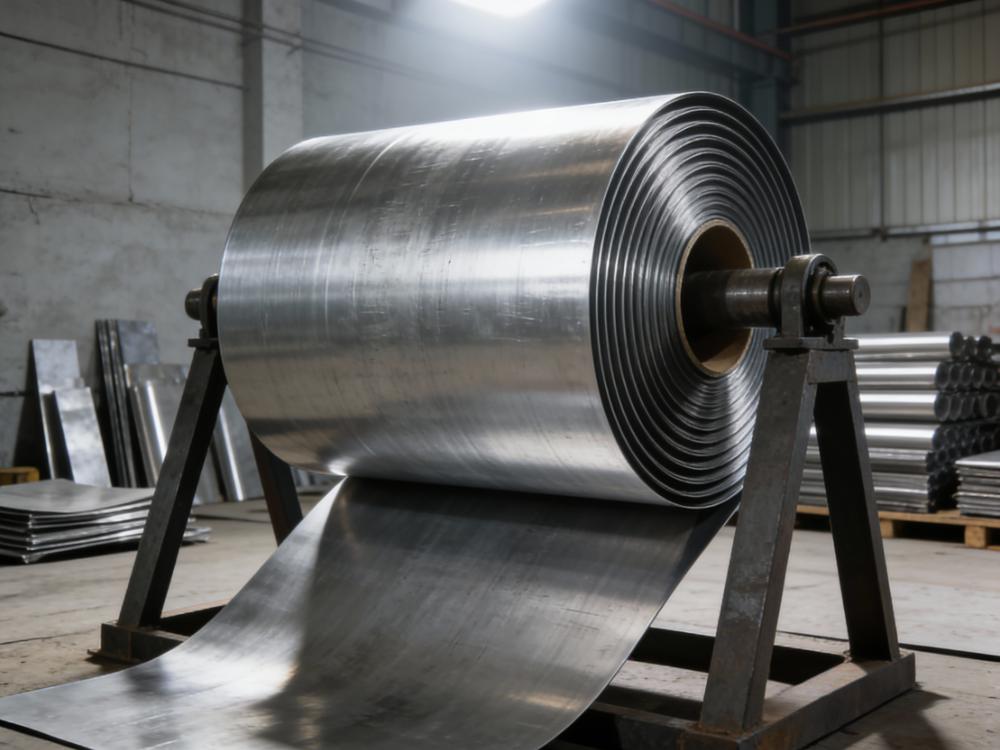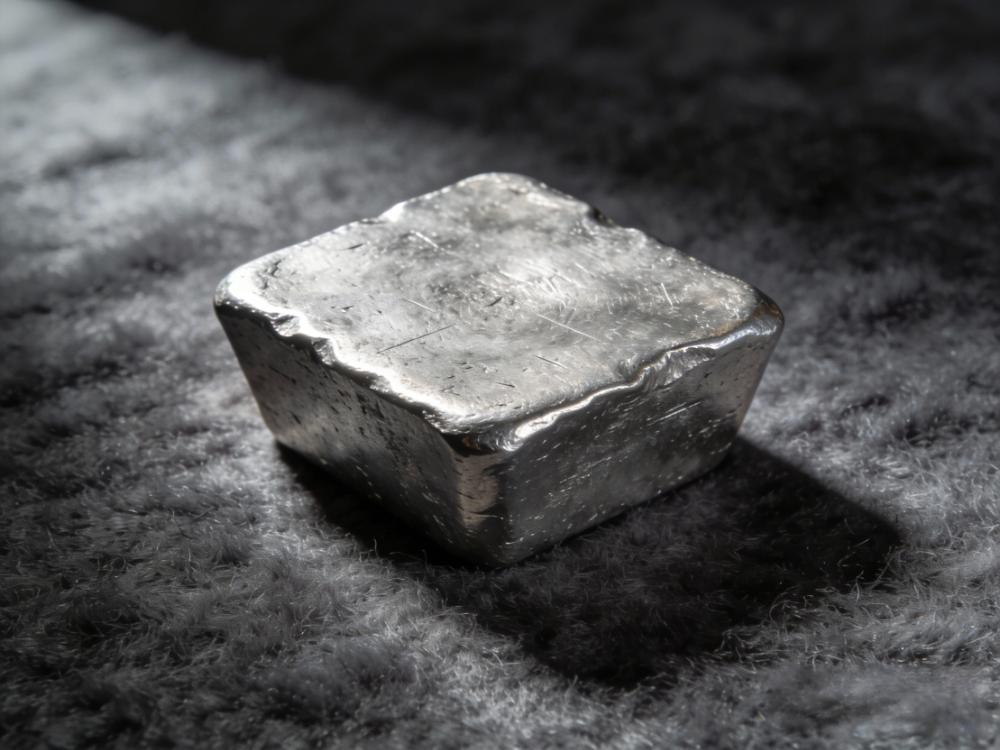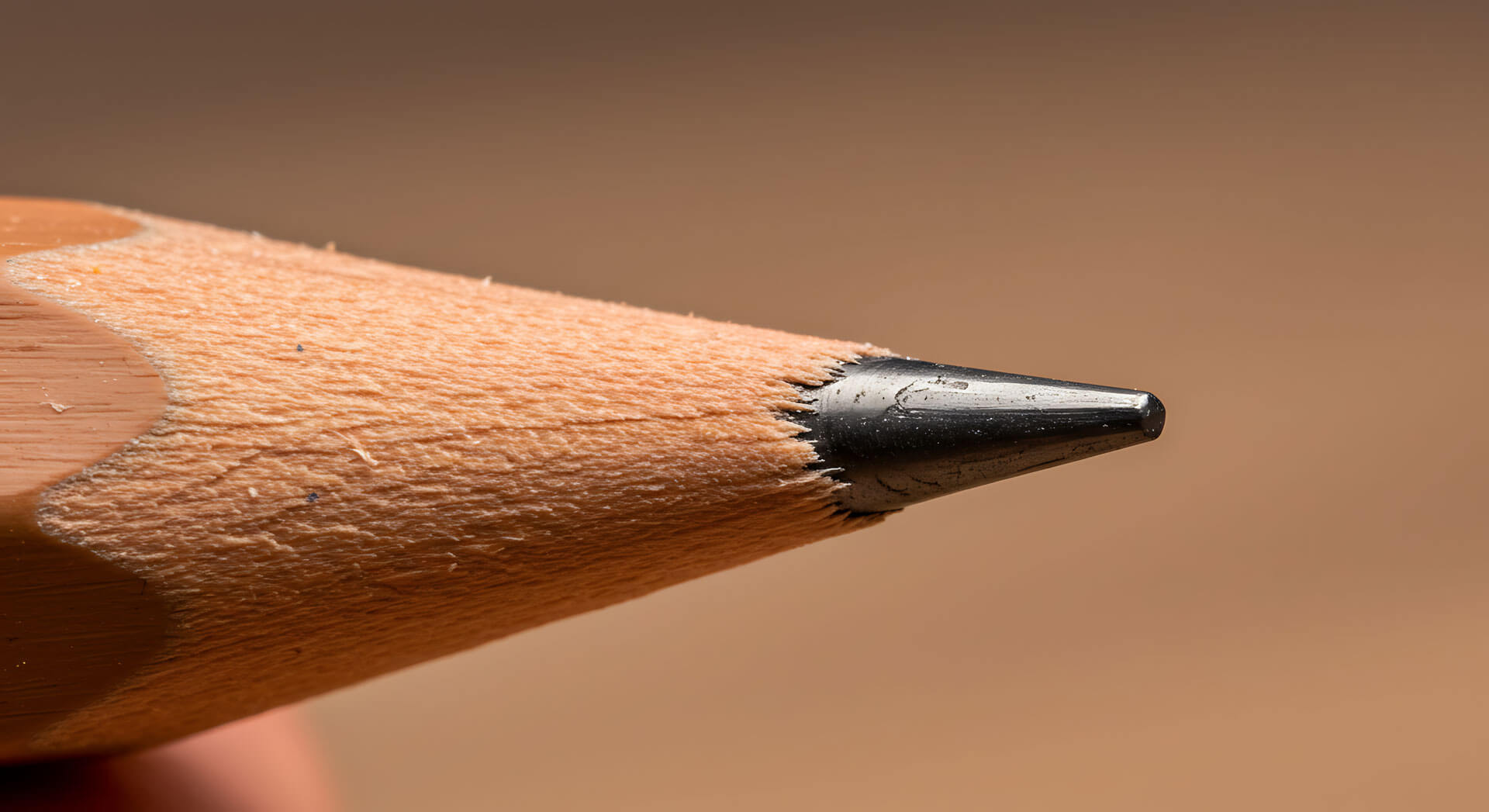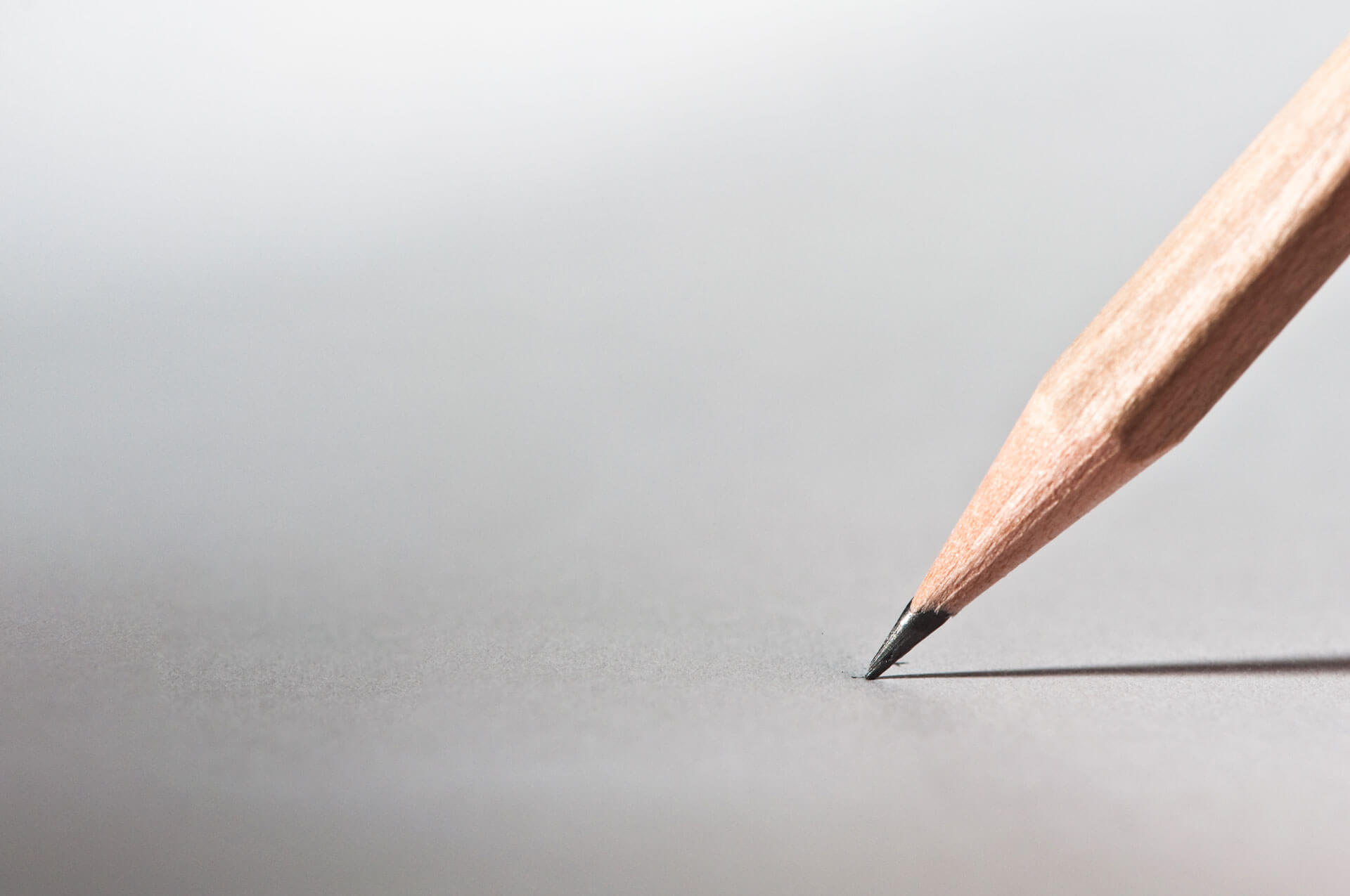SMM1, 25 June: in order to strengthen the prevention and control of pollution of waste lead-acid batteries, we will comprehensively fight the battle of pollution prevention and control. Nine ministries, including the Ministry of Ecological Environment, the Development and Reform Commission and the Ministry of Industry and Information Technology, jointly issued the Action Plan for the Prevention and Control of pollution from waste lead batteries (hereinafter referred to as the Action Plan), calling on all parties to seriously implement the requirements of the programme, We will speed up efforts to prevent and control the pollution of waste lead-acid batteries.
It is understood that China is the largest producer and consumer of lead-acid batteries in the world, and the output of lead-acid batteries accounts for more than 40% of the total output in the world. It is recognized by the industry that the hidden danger of environmental pollution caused by the production of lead battery can be prevented and controlled, and the pollution situation of illegal recovery and disposal is very serious. Driven by interests, coupled with the imperfect recovery system and other factors, in recent years, illegal recovery of waste lead batteries, violent dismantling, local law smelting cases repeatedly hit, the pollution is shocking. Industry authorities say that at least 60% of China's waste lead batteries flow into informal channels every year, hundreds of thousands of tons of lead-containing waste acid are dumped directly, and the recovery and disposal system of waste lead batteries needs to be improved.
In recent years, especially from 2017 to this year, with national environmental inspection, environmental protection looks back and the State Council's three-year action plan to win the Blue Sky Defense War. The intensity of environmental protection law enforcement has been unprecedented, and the illegal incidents of lead pollution have been exposed one after another, leading to the increasing attention of our government departments and all sectors of society to the recovery of waste lead-acid batteries and the problems in the production of enterprises. Various government departments have issued a series of policies and measures to further strictly regulate the whole process of recovery and utilization of waste lead-acid batteries and the production of recycled lead enterprises.
According to the "Action Plan" issued by nine ministries, such as the Ministry of Ecological Environment, the Development and Reform Commission, and the Ministry of Industry and Information Technology, China will regard the prevention and control of lead battery pollution as an important part of the battle for pollution prevention and control. We will improve the supervision system of strict prevention at source, strict control of processes, and severe punishment of consequences, severely crack down on illegal and criminal acts involving waste lead batteries, and establish a standardized collection and treatment system of waste lead batteries, so as to effectively curb environmental pollution caused by illegal collection and treatment.
Dating back to December 2016, the General Office of the State Council issued the implementation Plan for the extended producer responsibility system, taking the lead in implementing the extended producer responsibility system for four categories of products, such as lead-acid batteries. The Action Plan makes it clear that the Development and Reform Commission and the Ministry of Ecology and Environment are responsible for formulating and issuing measures for the recovery and utilization of lead-acid batteries and implementing extended producer responsibilities, which will be completed by the end of 2019. According to the timetable set out in the Action Plan, by 2020, lead battery manufacturers will achieve a standard collection rate of 40% of waste lead batteries through the implementation of the extended producer responsibility system, and 70% of waste lead batteries will be collected by 2025. All the waste lead batteries collected in the standard are safely utilized and disposed of.
Li Jun, a lead researcher at Guangzhou Futures Company, believes that it can be seen from the policy that the recovery of waste batteries will become more and more intense, and the supervision of the production of recycled lead will become more and more stringent, which will be conducive to complying with the production of renewable lead enterprises. On the other hand, it is not conducive to the production of non-compliant recycled lead enterprises, and the production capacity of recycled lead will be concentrated to the large enterprises that comply with the regulations, so that the supply of recycled lead will increase steadily and occupy the demand of downstream enterprises for primary lead. In the long run, this will be bad for lead.
Chen Zhonghua, director of the National Engineering Center for the Prevention and Control of lead Battery production and Recycling pollution, said in an interview with the media that 80 percent of the pollution in China's lead battery industry is concentrated in recovery and circulation. Standardizing the circulation channel standardizes the healthy development of the industry.
Chairman of the Strategic Alliance for technological Innovation of China's Renewable Resources Industry, Li Shilong, vice president of the recycled Metals Branch of the China Nonferrous Metals Industry Association, once said that the introduction of this series of policies and measures has had a certain impact on the production and operation of China's recycled lead industry. But this is a good thing for the long-term healthy and orderly development of the industry. In the past two years, the recycled lead industry has still maintained a steady and upward operation, and the industrial structure is in a period of deep adjustment. The normative development of China's recycled lead industry has become a consensus and has made positive progress.
In order to help solve the problem of lead battery recovery, based on the "sale, collection and collection" recovery project management carried out by the State Council for the comprehensive treatment of lead battery, Shanghai Nonferrous Metals Network has developed the "Nonferrous lead finding" SaaS system. The system realizes the platform management, opens up the whole link of the battery circulation ecological chain, from the sales and distribution of the new battery to the recovery and storage of the waste battery, and realizes the whole process control of the battery in the storage and on the way. To achieve the source of the battery, flow path can be traced back. At present, the platform has been successfully applied by many enterprises in the industry, welcome to come to understand and consult. "View detail
Notice on the issuance of the Action Plan for the Prevention and Control of pollution by waste lead batteries

Scan QR code, apply to join SMM metal exchange group, please indicate company + name + main business



